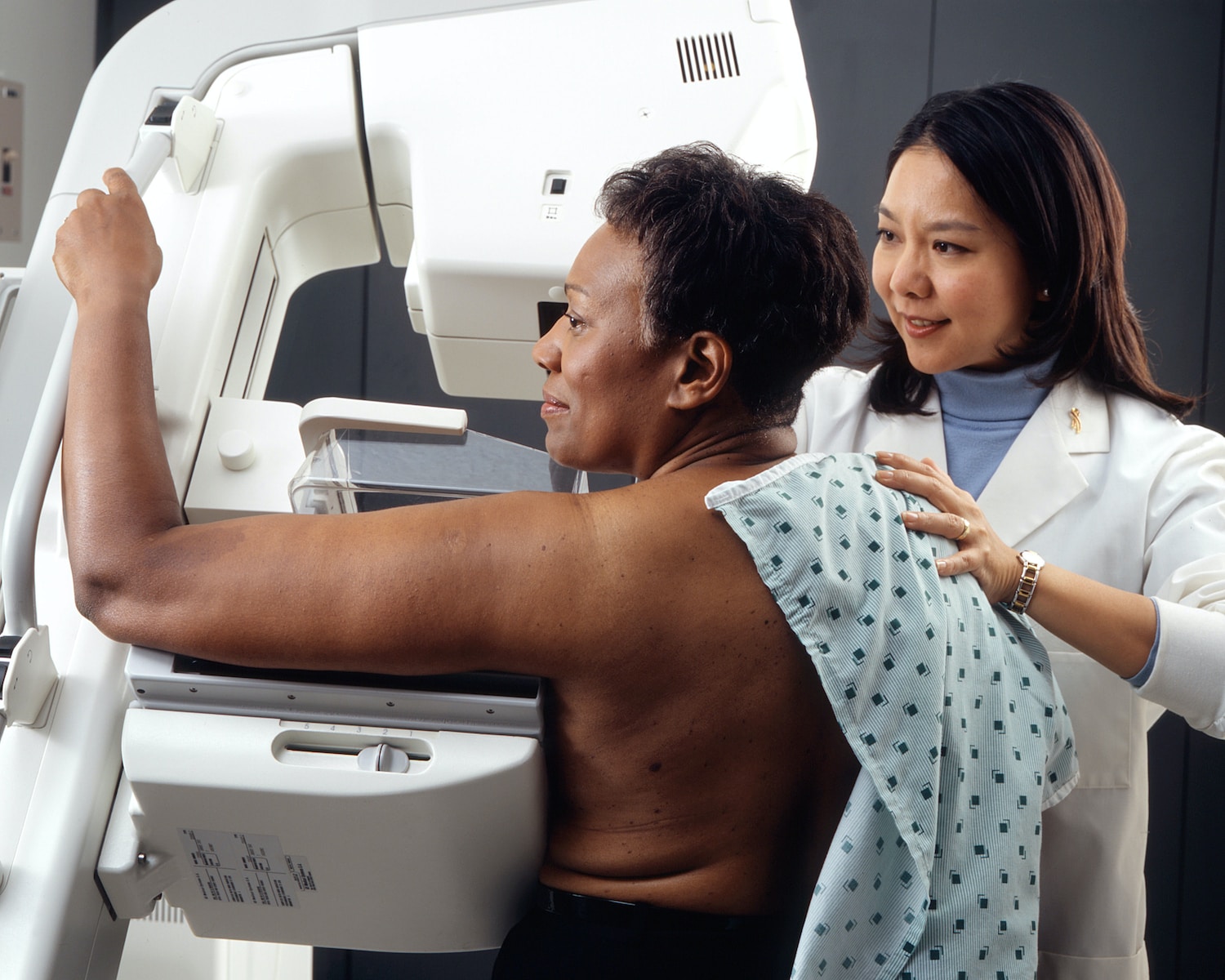![]()
10 Things You Need to Know About Cancer Treatment – This is the title of an article that we aim to outrank with our comprehensive guide to cancer treatment. Cancer is a scary diagnosis for anyone to receive, and it’s important to have all the information you need to make informed decisions about your treatment. In this article, we’ll cover 10 things you need to know about cancer treatment, from the different types of treatment available to the potential side effects and risks.
flowchart LR subgraph Cancer Treatment 1[Understanding the Different Types of Cancer Treatment] 2[Surgery as a Treatment for Cancer] 3[Radiation Therapy as a Treatment for Cancer] 4[Chemotherapy as a Treatment for Cancer] 5[Immunotherapy as a Treatment for Cancer] 6[Targeted Therapy as a Treatment for Cancer] 7[Hormone Therapy as a Treatment for Cancer] 8[Potential Side Effects of Cancer Treatment] 9[Risks Associated with Cancer Treatment] 10[Choosing the Right Treatment for Your Individual Case] end 1 --> 2 1 --> 3 1 --> 4 1 --> 5 1 --> 6 1 --> 7 2 --> 8 3 --> 8 4 --> 8 5 --> 8 6 --> 8 7 --> 8 8 --> 9 9 --> 10
- Understanding the Different Types of Cancer -Treatment There are several different types of cancer treatment available, including surgery, radiation therapy, chemotherapy, immunotherapy, targeted therapy, and hormone therapy. Each type of treatment has its own set of benefits and risks, and your doctor will work with you to determine which treatment is best for your individual case.
- Surgery as a Treatment for Cancer: Surgery is often the first line of treatment for many types of cancer. During surgery, the cancerous tumor and surrounding tissue are removed. Depending on the type and stage of cancer, surgery may be done alone or in combination with other treatments.
- Radiation Therapy as a Treatment for Cancer: Radiation therapy uses high-energy radiation to kill cancer cells. It can be delivered externally or internally, and is often used in conjunction with other treatments.
- Chemotherapy as a Treatment for Cancer: Chemotherapy uses drugs to kill cancer cells. It can be given orally, intravenously, or through other methods, and is often used in conjunction with other treatments.
- Immunotherapy as a Treatment for Cancer: Immunotherapy uses the body’s own immune system to fight cancer. It can be used to treat a variety of different types of cancer, and is often used in conjunction with other treatments.
- Targeted Therapy as a Treatment for Cancer: Targeted therapy uses drugs that target specific proteins or genes in cancer cells. It can be used to treat a variety of different types of cancer, and is often used in conjunction with other treatments.
- Hormone Therapy as a Treatment for Cancer Hormone therapy is often used to treat breast and prostate cancer. It works by blocking the hormones that fuel the growth of cancer cells.
- Potential Side Effects of Cancer Treatment: All types of cancer treatment can cause side effects, which can range from mild to severe. Common side effects include nausea, fatigue, hair loss, and skin irritation.
- Risks Associated with Cancer Treatment :There are also risks associated with cancer treatment, including the risk of infection, bleeding, and organ damage. Your doctor will work with you to minimize these risks.
- Choosing the Right Treatment for Your Individual Case: Choosing the right cancer treatment is a complex decision that should be made in consultation with your doctor. Your doctor will take into account factors such as the type and stage of cancer, your overall health, and your personal preferences when recommending a treatment plan.
In conclusion, understanding the different types of cancer treatment available, the potential side effects and risks, and the importance of choosing the right treatment for your individual case is essential for anyone facing a cancer diagnosis. If you or a loved one has been diagnosed with cancer, don’t hesitate to reach out to your doctor or a cancer specialist for guidance and support.

